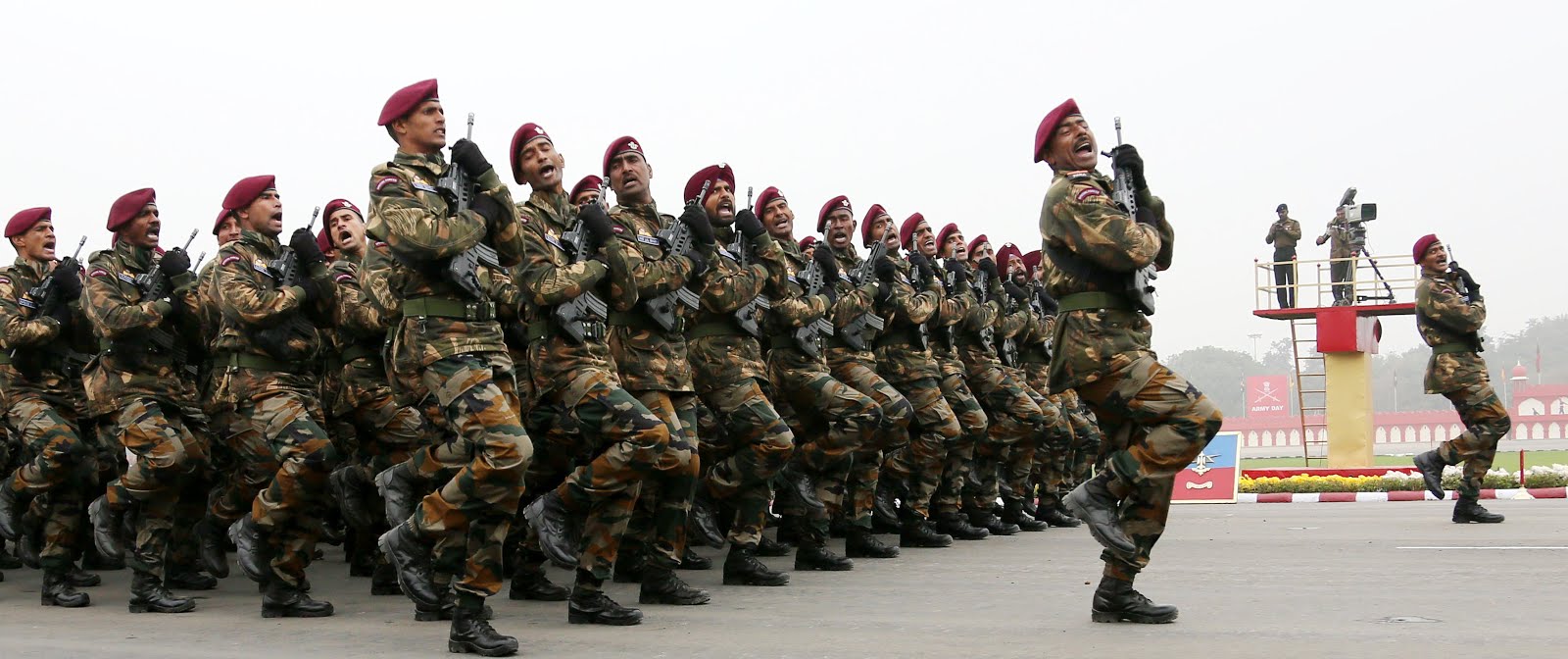Original Post
On 23 Dec 2016, the Armed Forces Tribunal (AFT) passed a historic judgement granting pay parity to the defence officers with the civilian group 'A' officers.
Since 1947, Armed Forces especially those in officer cadre have been brought down continuously in status, basic payscales , pension and perks thanks to the successive Pay Commissions headed by the civilian judges with civilian bureaucrats as the members.
Situation reached alarming levels post 2006 when almost every Tom, Dick and Harry in the civil services' officer cadre started getting pay of Major General after just 19 years of service and that of a Lt General after just 27 years of service.
The loot came through the magic wand called 'NFU' i.e. non-functional upgradation granted to the civilian officers by the GOI.
On some funny pretext the armed forces, the last resort of the nation in any emergency were denied the benefits of the NFU. This resulted in lots of heart burning and lowering of the morale of the defence officers.
Every civil service (organised group A) officer was granted the pay (and hence pension) of Lt Gen (Rs 67000-79000) after 27 years of service whereas 80% of defence officers were made to retire in the payscale of Colonel i.e. just Rs 37400-67000 with grade pay of Rs 8700.
Thus grave injustice was done to the defence officers. Not only was their status lowered but also their pay and pension.
A DIG with just 14 years of service started equating himself with a Brigadier with 30 years of service and a Joint Secretary with just 17 eyars service started equating himself with a Major General of 33 years service.
Even Field Marshal Cariappa, Field Marshal Manekshaw, General Thimayya etc. could not arrest the steady downfall of the defence officers.
What could not be done by the Greats like Cariappa, Manekshaw and Thimayya has been done by a man called Mukul Dev who is a serving Colonel of the Indian Army.
 |
| Col Mukul Dev |
Col Mukul Dev and his lawyer Col Manglik have been able to convince the Indian Court that Army, Navy and the Air Force are also organised group 'A ' service and are hence entitled to the non-functional upgradation like the civilian non-IAS officers who get the payscale of the IAS officer after a 2 years lag.
GOI has been denied to appeal against the verdict in the SC thanks to the forceful argument put by Col Mukul Dev.
Hence if an IAS officer becomes Joint Secretary after 17 years, now defence officers will get that (Maj Gen) payscale after 19 years of service.
If an IAS officer becomes Addtl. Secretary after 25 years, now defence officers will get that (Lt Gen) payscale after 27 years of service.
IMPLICATIONS OF THE AFT ORDER ON NFU
1. Pay of all defence officers who were serving on 01 Jan 2006 will be revised based on the NFU.
2. Arrears will be given not from 2006 but for the last 3 years only.
3. Veteran officers who retired post 01 Jan 2006 will also get the benefit of NFU because their pay and hence pension will be revised wef 01 Jan 2006.
4. Veteran officers who retired before 01 Jan 2006 will also get the benefit of NFU after the next equalisation of the OROP.
For more reading
http://www.tribuneindia.com/news/nation/armed-forces-to-get-pay-parity-with-civil-services/341127.html
http://indianexpress.com/article/india/aft-allows-petition-seeking-nfu-for-defence-officers-at-par-with-group-a-services-4441872/





